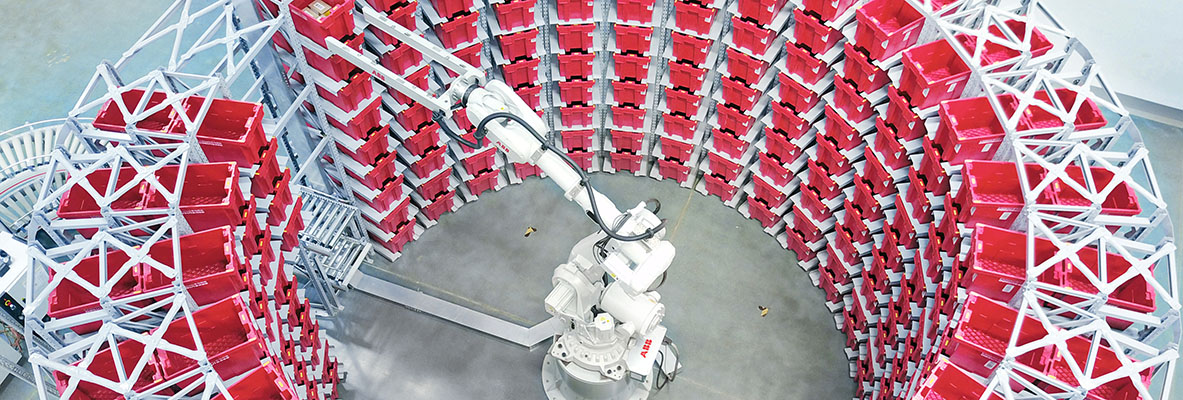The New Norm: How COVID-19 has accelerated the switch to robotic automation

While the COVID-19 pandemic has had a significant impact on almost every aspect of life, it has dealt a particularly hard blow to the retail sector. From shops being forced to close through to supermarkets struggling to fulfil demand for online delivery, the pandemic has led many businesses to revisit their selling and distribution structures and reconsider their attitudes to using and investing in technologies that could help overcome many of the challenges they now face.
Supply chains and logistics have had to undergo fundamental transformation as a consequence of the coronavirus. The pandemic’s rapid global spread presented significant challenges not just in terms of its human impact but also its considerable commercial effect, leading companies to find ways to adapt their business models both to survive and to become more resilient to similar shocks in the future.
Our own research provides evidence of the impact that the pandemic has had on companies in the sector. In a recent global survey of logistics and transportation companies carried out by ABB, 91.5 percent of respondents said that their operations had been impacted by COVID-19, requiring them to adjust their processes to compensate for issues such as staff absence caused by factors such as selfisolation and social distancing, whilst also meeting massively increased demand for a diverse range of goods caused by the dramatic explosion in online ordering and home deliveries arising from the coronavirus.
It is also important to remember, however, that the sector was undergoing considerable changes even before the pandemic. The explosive rise in e-commerce that was taking place in particular was already leading to companies reexamining their existing bricks and mortar operations as customers opted to do their shopping from home rather than venturing into stores. In effect, COVID-19 has acted as a catalyst for change, speeding up a transition that was already starting to take place.
This white paper will look at the main challenges facing logistics operators at the current time and will explain how they can be overcome by using flexible automation. It will also look at some examples of real logistics applications where robots have been deployed to handle key tasks and will provide tips for assessing which tasks can be automated and how to proceed with automating them. For full copy of the white paper, please visit here to download
